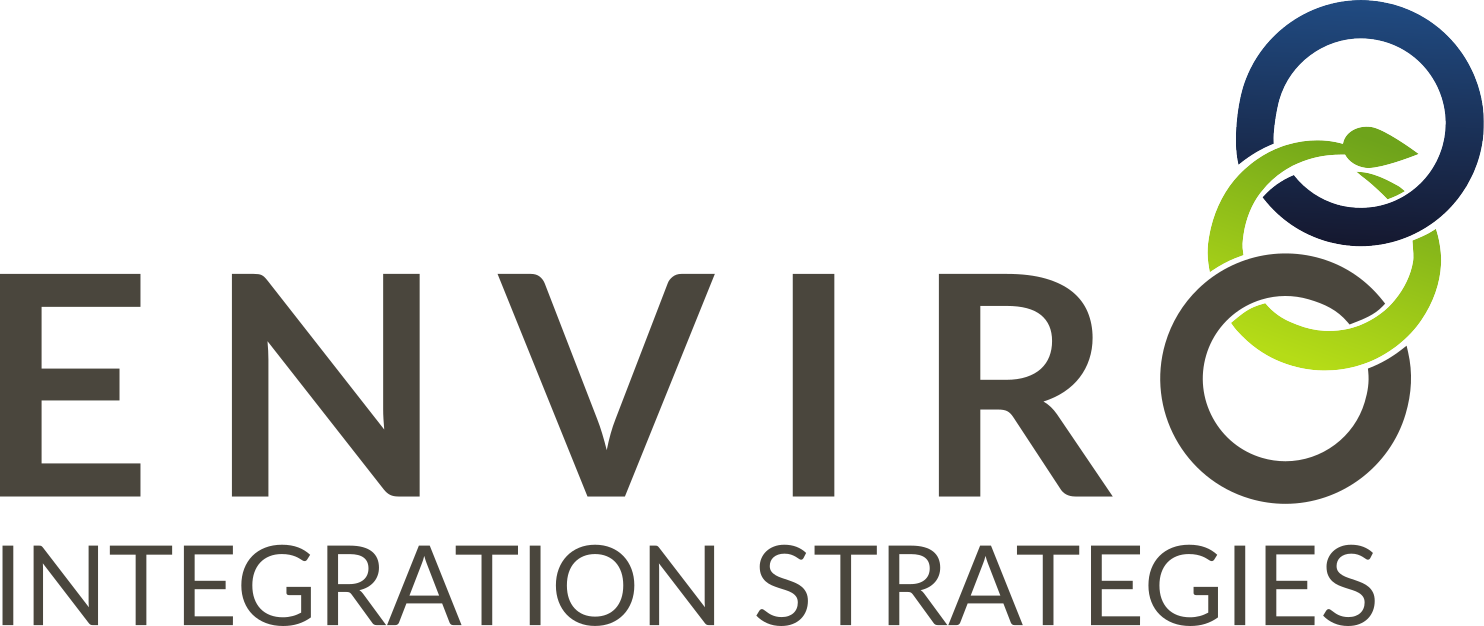Environmental Compliance. Beyond Compliance. Leading Performer. Responsible Operations. Responsible Procurement. Cradle-to-Grave Material Management. All markers on the path of continual improvement and environmental sustainability.
A new initiative, headed by Forum for the Future, has a goal “to encourage more companies to make ambitious Net Positive commitments, then equip them with the tools to turn those goals into reality.”
This newest initiative, combining both environment and social, "opens its arms to all organisations committed to becoming Net Positive"…and this one seems to be setting the bar the highest, suggesting that there should not be an allowance for impacts in one place, that are offset by benefits elsewhere. It sounds inspirational, something we should all strive for.
With most performance measurement indices, it is typical to place bounds around what is being measured and reported on. This is done to show where an organisation has "control" over its operations.
But the premise behind Net Positive is that you would measure outside of the operational bounds - to show how an organisation will "put back more into society, the environment and the global economy than it takes out."
So, this commentary is situated around this premise, and the inconsistency around these goals and the general practices of the purveyors of sustainability.
Will the initiative fly as defined?
Or will it need to be bound in a box?
Read More









